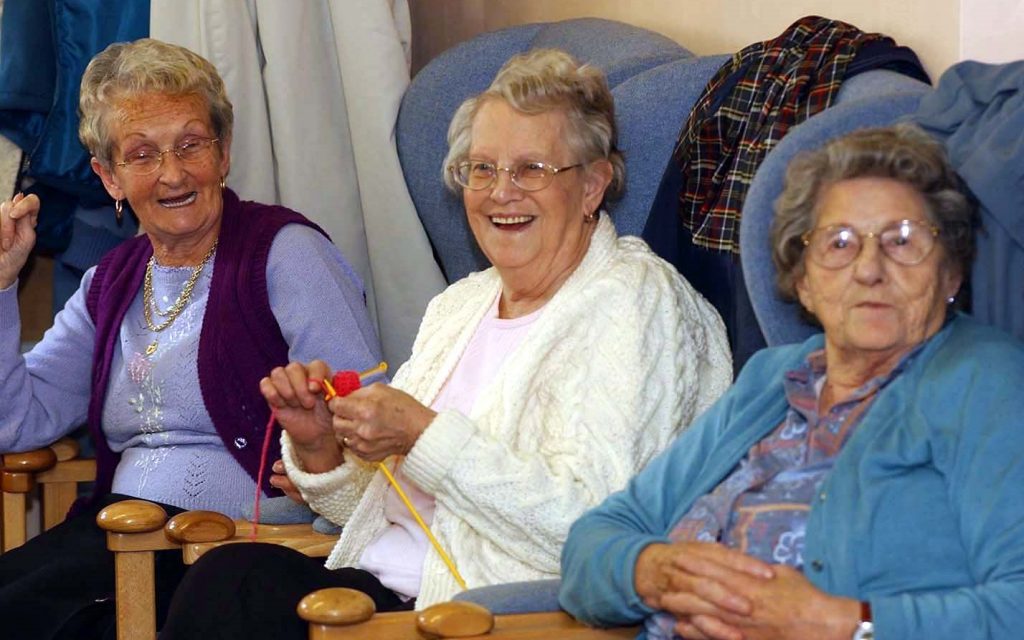 Subscribers Only
People
Subscribers Only
People 
Over 30,000 people in Wales die each year. In 2012, nearly a third of the people who died had cancer. Many more will have died from other terminal illnesses such as chronic obstructive pulmonary disease or heart disease.
Planning and delivering healthcare services for terminally ill people is very complex.
They will have a range of different conditions which require different types of care. Each individual will have personal wishes about where they wish to be cared for and where they wish to die. They will also have many non-healthcare needs which impact on their wellbeing just as much as their healthcare does. This could be as seemingly mundane as who looks after the family pet or as overwhelming as who will provide for a family.
If we are to do the best for dying people in Wales it is vital that we find out about people’s experiences of the care they received at the end of their lives.
Only then will those that plan and deliver services be able to make informed decisions which are truly evidence based and person centred.
In Listening to Dying People in Wales, Marie Curie Cancer Care has undertaken an analysis of the methods currently in place for gathering experience feedback from terminally ill people and their families and carers. We are concerned that the methods for generating this feedback currently employed in Wales cannot be used to support meaningful service planning on the scale that is needed.
The analysis finds limitations to the current survey approach, the iWantGreatCare survey, in terms of how representative it is, the usability of the data it generates, its structure, response rates and distribution. For example, it is only given to people or their carers who are receiving specialist palliative care and therefore misses out many people who are terminally ill.
One way of increasing our understanding of how people have felt about their experiences of end of life care would be to introduce a national survey of the bereaved.
Since 2011 there have been two national bereavement surveys in England. They are known as the VOICES (Views of Informal Carers – Evaluation of Services) surveys. Their findings mark a significant leap forward in recognising variations and weaknesses in the services available to dying people so that appropriate measures can be put in place to improve these.
Marie Curie is calling for the introduction of a VOICES type survey in Wales so that we too can begin to develop a strong evidence base upon which services can be developed and improved. However, no single method can provide all the rich information we need. As is made clear in the Welsh Government’s Framework for Assuring Service User Experience, we must have a variety of robust real-time, retrospective, proactive/reactive and balancing measures in place if we are to develop high quality evidence based and person centred services. This is no less true for palliative and end of life care than it is for other health and care services. We must begin to think about and implement ways of collecting in-depth information which is truly representative and covers the whole of end of life care.
Simon Jones is Head of Policy and Public Affairs for Marie Curie Cancer Care.



I agree that the end of life care provided to many people in Wales is of poor quality and often inappropriate for their condition. I am particularly concerned about the end of life care available in nursing homes and residential homes. Even where nursing care is funded by LHBs and thus presumably overseen by the LHB it is often abysmally inadequate to meet the needs of those at the end of their lives. Many of these people are vulnerable because of dementia and other age related issues which compromise their ability to advocate for themselves. I also agree that the present system of data collection is woefully inadequate-in many cases totally absent. I am happy to be contacted about my personal experience as an informal carer of a patient who died in a nursing home.